Sprout Accelerator is accepting applications for its fourth accelerator with a focus on companies reimagining the food system. Applications close on November 23, 2018.
The accelerator has had a wealth of applications from startups across the food value chain, from farm to fork. But the organization has a specific interest in startups that are cutting through the hype to approach the food system’s biggest challenges.
“It’s a pet peeve of mine when people reference that we need to feed 10 billion people by 2050 as the biggest issue we face — it’s completely missing the point,” says James Bell-Booth at Sprout. “Population growth is happening in developing countries which are facing a totally different set of challenges to the developed world where a lot of innovation is based and focused.”
This puts innovation into two camps: the first focused on low-cost commodity food for the developing world; the second focused on creating new, more sustainable food supply chains and new food products for the developed world.
“I think the whole business model of just make more, sell more is broken; that’s not going to be a sustainable business model into the future for many companies in developed countries looking for business growth. It’s far more about understanding what the consumer wants and how to deliver that to the consumer, using innovation and new business models, rather than selling them what you want them to buy via the same old business model,” says Karin Schofield, Sprout advisor for Science and IP Commercialisation.
Sprout Accelerator, which graduated its first cohort in 2016, is looking for innovations in both camps.
Here are four examples of categories the accelerator is interested in.
New Food Formats
Consumers are looking for new food experiences that combine their desire for wellness, nutrition, and convenience. Startups are answering their call by using traditional sources of food to make new food offerings. Examples include drinkable meals such as Soylent in the US, Ambronite in Europe, and Miraka’s Whaiora in New Zealand. Combining fruits and grains in different ways, these companies aim to give consumers the full nutritional profile they need for a meal, but in a convenient powder-to-drink format.
New food formats also include plant-based meat and dairy alternatives, such as Perfect Day Foods on the milk side, Miyoko’s Kitchen for cheese, and Impossible Foods for beef and startups creating health-driven food products.
Schofield sees a day when food will be designed from the ground up including understanding genetic information and growing conditions and systems for crops and animals and how they can be manipulated to optimize the characteristics and functionality of a food product.
“Taking a systems biology and big data approach we could eventually understand what in the system we will be able to influence for the particular outputs we want,” she says.
This will be influenced by the market you’re producing for and what they want; I don’t think everyone is wanting to eat an alternative burger, for example.”
Innovative Packaging
Food packaging has largely been left behind by entrepreneurs innovating in agrifood but the packaging waste we are generating through our hunger for convenience is the core contributor to the biggest issue facing the developed world. Our oceans are full of plastic to the point where it is entering the food chain with multiple studies showing plastic has entered between 70%-80% of fish life.
There are a few examples operating across industries, such as Israel’s Tipa-Corp which manufactures compostable packing for food companies as well as clothing lines. Evocative Design has a new packaging solution based on ag-waste and fungi that is fully compostable.
“While perceived to be unsexy by entrepreneurs, packaging is a significant market which could yield large returns for investors and innovators,” says Bell-Booth. “We want to see any innovators working to increase the productivity and reduce the environmental footprint of packaging in the food industry.”
Food Waste Utilization
There are many approaches to the huge issue of food waste.
If food waste was a country, it would be the third largest emitter of greenhouse gases in the world after China and the US. In the US alone, 40% of food grown is wasted.
There are a growing number of startups tackling the problem in different ways from selling unsold, “ugly” vegetables, to measuring and analyzing food waste in commercial kitchens to new products manufactured with food waste such as fertilizers or biogas.
Sprout Accelerator sees significant opportunities in approaching food waste by utilizing the sharing economy to build a re-distributed food network.
“Startups have opportunities to leverage the significant network of low-cost distribution, enabled by services like Uber to take food waste and redistribute to those as a low-cost food alternative,” says Bell-Booth.
Reducing Consumption
Sprout Accelerator is keen to see any innovations focused on reducing the amount of food developed market consumers eat as a way to reduce the burden of the industry on the planet. Bell-Booth admits this might be a moonshot hope.
“This is the holy grail of problems true change agent entrepreneurs will tackle. The western world has to reduce consumption of all products be that food, clothing, building, or consumer products,” says Bell-Booth. “It is our rate of consumption that is creating the waste the planet and humanity are going to drown in.”
Sprout’s Unique Positioning
Sprout Accelerator is well positioned to help startups across these categories scale their businesses globally. Based in New Zealand but with a global remit, Sprout has deep connections with key players across the agrifood sector. This includes the New Zealand government, which invests in the accelerator, alongside major local corporations including dairy giant Fonterra and electric fencing powerhouse Gallagher. Globally it is partnered with Livestock Improvement Corp, Gallagher, Callaghan Innovation, Fonterra, KPMG, AGMARDT, Massey University, and CEDA.
“With a long and strong history in food production, New Zealand understands and operates across the whole value chain; this means we grow the raw ingredients as well as have the necessary knowledge to turn those into novel food formats,” says Schofield.
What Does Sprout Accelerator Offer Startups?
The six-month accelerator bears some similarities to other accelerators, offering regular check-ins with mentors and monthly underground events that feature guest speakers and expert execution advice. But where some accelerators provide a regimented approach to programming and the resources they offer, the Sprout team takes a more cohort-centric approach, tailoring the Accelerator to the cohort. (Irrelevant programming was a bugbear of startups surveyed about accelerator programs that frequently mix-up the stages of startups taking part.)
The majority of the accelerator is run remotely, allowing the cohort to continue working in their own environment, but with weekly milestone check-ins and updates to ensure continued progress.
The accelerator is also focused on helping startups distribute and sell their products, taking a case-by-case approach to cracking the monetization issue. Sprout works with each individual startup to understand who its customers are and how the product fits into their businesses. The accelerator also makes sure the startups are listening to their customers and integrating feedback.
Learn more about Sprout Accelerator here.
Apply to Sprout before November 23, 2018, here.
**This article was sponsored by Sprout Agritech, an AgFunder Network Partner. Learn more about the Network Partner program here.**
Image credit: Micropod, Sprout Alumni 2018

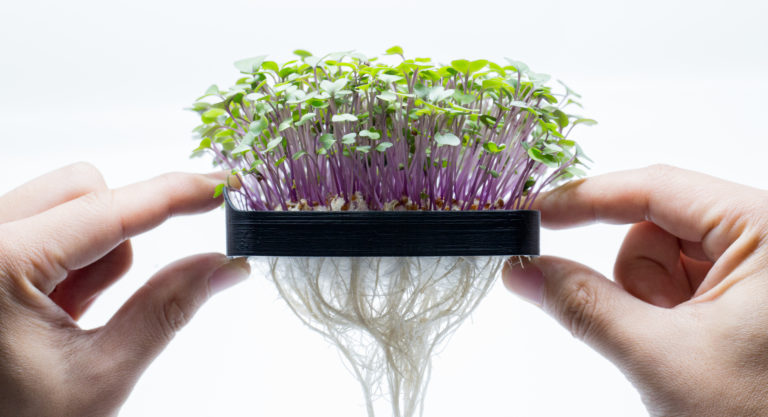



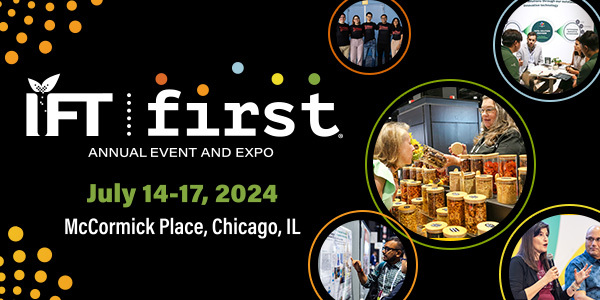
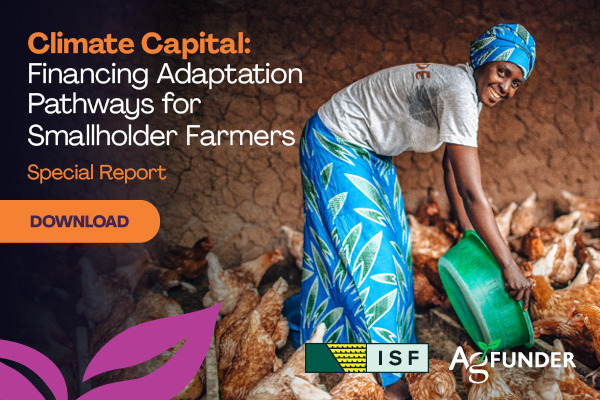
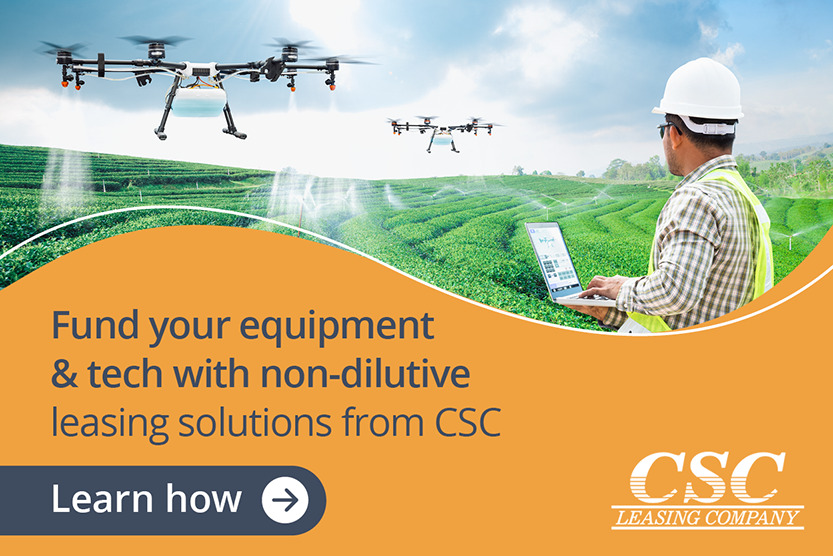

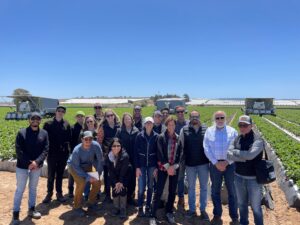

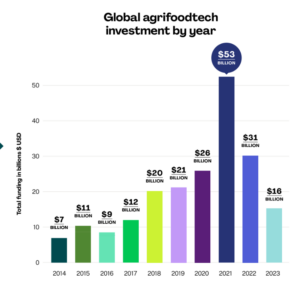
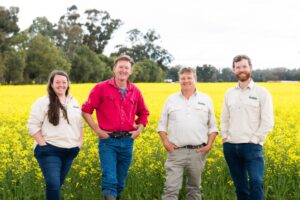


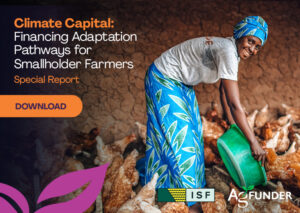

Sponsored
International Fresh Produce Association launches year 3 of its produce accelerator